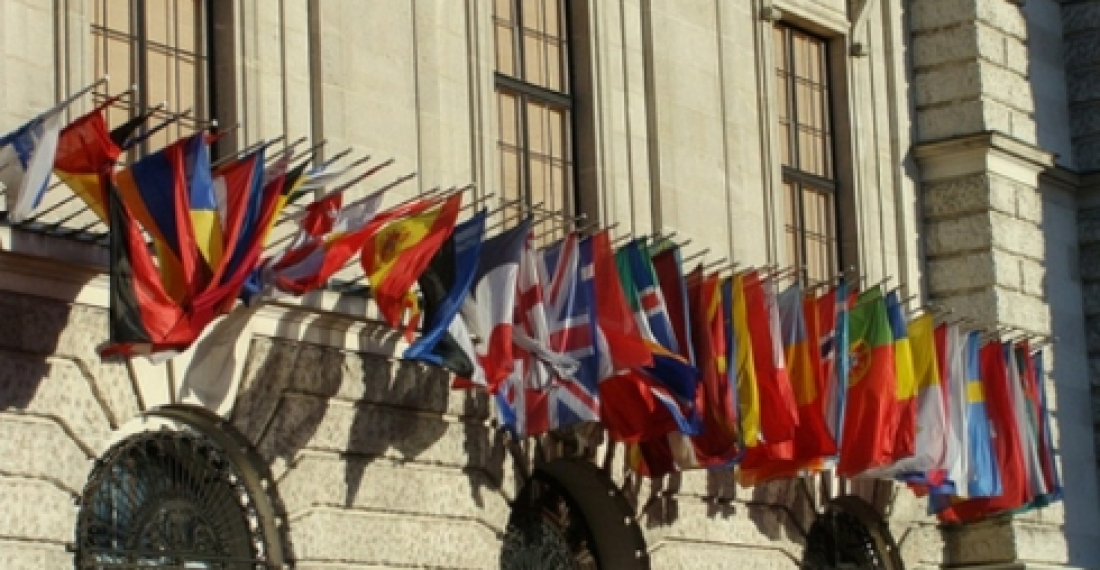В кратком заявлении, опубликованном в выходные дни руководством Организации по безопасности и сотрудничеству в Европе (ОБСЕ) и сопредседателями Минской группы ОБСЕ, говорится, что нынешняя ситуация представляет собой угрозу для региональной стабильности.
Действующий председатель ОБСЕ, министр иностранных дел Сербии, Ивица Дачич встретился с сопредседателями Минской группы ОБСЕ (посол Игорь Попов от Российской Федерации, Джеймс Уорлик от Соединенных Штатов Америки, и Пьер Андрие от Франции) в субботу (7 февраля), чтобы обсудить события в рамках процесса мирного урегулирования нагорно-карабахского конфликта. Генеральный секретарь ОБСЕ Ламберто Дзанньер и личный представитель действующего председателя посол Анджей Каспршик также приняли участие во встрече.
В заявлении ОБСЕ говорится:
"Мы все согласны с тем, что обстановка вдоль линии соприкосновения войск и на армяно-азербайджанской границе ухудшается, что создает угрозу для региональной стабильности и ставит под угрозу жизни мирных граждан. В мониторинговом отчете Анджея Каспршика за январь 2015 года зафиксировано 12 жертв и 18 раненых, что является наибольшими подтвержденными данными о жертвах со времени заключения в 1994 году соглашения о режиме прекращения огня. В 2014 году погибло около 60 человек, мы обеспокоены продолжением этой тревожной тенденции.
Конфликт не имеет военного решения, и стороны должны прекратить использование силы. Мы призываем стороны прекратить атаки и наступления, прекратить стрельбу в мирных жителей и принять дополнительные меры по снижению напряженности и укреплению режима прекращения огня. Мы считаем неприемлемым то, что во время мониторингов наблюдателей ОБСЕ гарантии безопасности обеспечиваются не полностью.
Кроме того, мы подтверждаем 4 декабря 2014 Совместное заявление глав делегаций стран-сопредседателей в Совете министров Базель, называя на сторонах урегулировать гуманитарные вопросы, в том числе возвращения органов и заключенных, в духе Астрахань заявление октября 2010 года.
Минская группа ОБСЕ при полной поддержке действующего председателя ОБСЕ готова активизировать процесс переговоров, которые могут привести к мирному решению конфликта, который является большой проблемой для региона. Мы настоятельно призываем стороны проявить политическую волю и начать переговорный процесс незамедлительно и без оговорок."
За последние дни сопредседатели Минской группы провели отдельные встречи с министром иностранных дел Азербайджана и Армении. Заявления, опубликованные после двух встреч демонстрируют, что сопредседатели занимают более здравый подход к сторонам и обеспокоены тем, что текущая ситуация на передовой может выйти из-под контроля.
Источник: commonspace.eu по материалам OSCE.org







